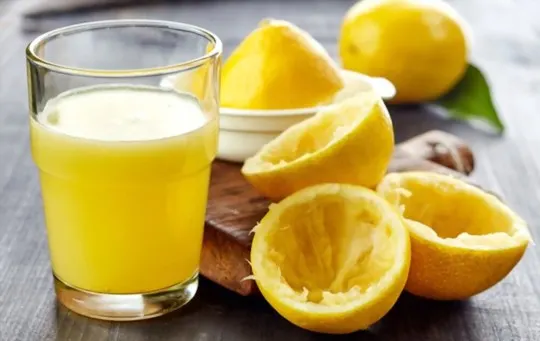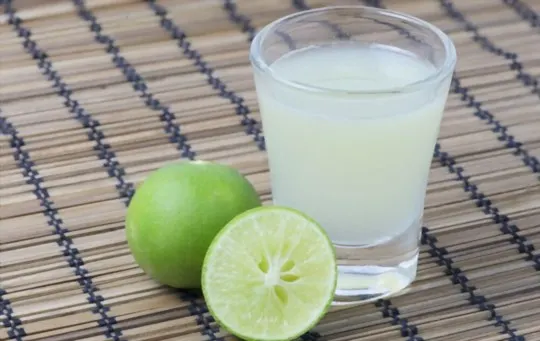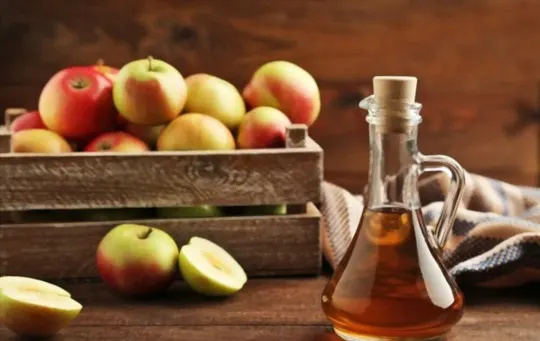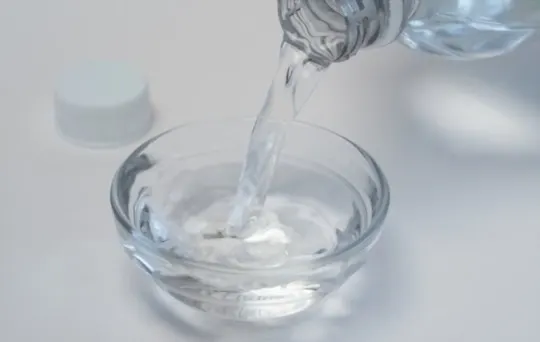Canning season’s here, and so is the panic when you realize you’re out of vinegar. No vinegar? No problem.
We’ve all been there, staring at our bounty of fresh produce and feeling stuck.
But here’s the kicker: you can still get those jars sealed tight and your pantry stocked with tasty, preserved goodness.
We’re about to reveal our top five go-to swaps for vinegar in canning that are probably chilling in your kitchen right now.
These substitutes aren’t just stand-ins; they’ll make your preserves pop with flavor. Ready to dodge a canning crisis and keep those harvest flavors locked in?
Stick around as we spill the beans on making your canning just as successful, even when vinegar’s playing hard to get
The 5 Best Substitutes for Vinegar in Cooking and Canning
If you’re looking for a substitute for vinegar in cooking or canning, you have many options.
Here are five of the best alternatives that can help you achieve the desired outcome:
1 – Lemon Juice

Many people love the tart and tangy taste of lemon juice.
It can be used to give a dish a delightful zesty flavor as well as make it more appetizing by providing a vibrant yellow color to the food.
The substitute for vinegar in cooking and canning is particularly useful if you don’t have any vinegar – simply use equal parts lemon juice instead.
You may find that replacing the vinegar altogether in some recipes can really enhance the flavor of your dishes, making them taste even brighter.
With a range of citrus fruits available and the ability to freeze or store lemon juice for later use, this delicious pantry staple should always be on hand for adding zest to dishes.
2 – Lime Juice

Lime juice is tart and a little bit sweet and imparts an amazing flavor to dishes it touches.
Its unique sourness and sweetness bring a wonderful tang to beverages like margaritas or mojitos.
It adds freshness to salads and is great for marinades and sauces, and the juice itself can be cooked with chilies as part of a Mexican dish.
One of the best uses of lime juice, though, is in place of vinegar when cooking and canning.
Here, it provides just enough acidity needed for food preservation.
The subtle lime flavor also blends perfectly with many recipes that could benefit from a more complex flavor profile than what simple vinegar can provide.
3 – Apple Cider Vinegar

Apple cider vinegar is one of the oldest and most versatile condiments known today.
It is made from natural ingredients and has a unique taste that gives dishes a tangy and flavorful finish.
The taste of apple cider vinegar ranges from sweet to acidic, but no matter what you choose, it will always make a great addition to whatever dish you are cooking or canning.
Not only is apple cider vinegar great in salads, stews, marinades, and other recipes, but it can also be a great substitute for more common vinegar like balsamic or distilled white vinegar when making homemade salsa, pickles, or relishes.
Try using this healthy alternative as a secret ingredient in all sorts of recipes next time you’re in the kitchen.
4 – Distilled Vinegar

Distilled vinegar has been an integral part of cooking and canning for centuries.
It imparts a wonderfully sharp, tangy flavor to dishes like pickles, marinades, and sauces.
However, it can also be used in a more subtle way, adding a hint of brightness without changing the overall flavor profile.
Distilled vinegar is the go-to substitute for other types of vinegar due to its neutral flavor and ability to be easily mixed with seasonings.
As such, it’s ideal for use in salad dressings or when canning fruits or vegetables; just remember to add sweeteners in order to balance out the sharpness of the acidity.
5 – Wine

Wine is a beverae enjoyed by many, and its unique taste will vary depending on the grape and region it was made in.
Cabernet Sauvignon will have a bolder flavor than Pinot Noir, while a French Bordeaux will be different from an American Napa Valley vintage.
Wine is not just for drinking, however.
It can be used as an alternative to vinegar when cooking or canning.
The subtle notes it adds can create complexity and bring out the best flavors in dishes like BBQ sauces, salad dressings, pickling liquid, and chutneys.
Wine can be used in small amounts to achieve big results – just enough to add some acidity without overpowering the ingredients you’ve taken so much care in choosing.

Leave a comment